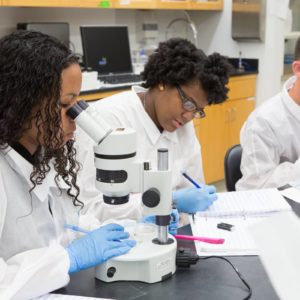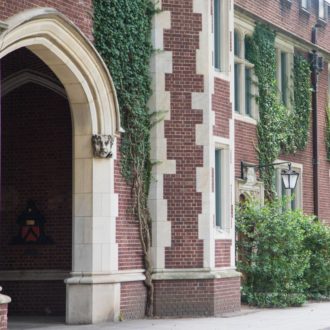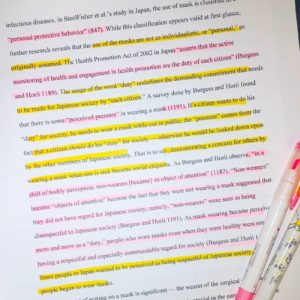Research does not end at simply conducting experiments or making a mind-blowing discovery in your academic field. It’s just as important—or perhaps even more so—to share your findings with others and to hear their thoughts on what you’ve discovered. Throughout your time at Princeton, you will come across multiple opportunities to present your research–whether it’s presenting at Princeton Research Day, drafting independent work proposals for advisors, showcasing your research from summer internships, or even just preparing presentations for class. Sharing your research is thus a common and necessary step in creating scholarly conversation, and can be a very rewarding and enlightening experience for you and for others. However, it can be challenging to find the most effective way to convey your knowledge and work to your audience.
This past April, I participated in the Mary W. George Freshman Research Conference, where I presented my paper “Racism in K-pop: A Reflection of South Korea’s Racialized Discourse of Beauty.” My paper was 16 pages long, and in the beginning, I had no idea how I would synthesize this into a 10-minute presentation. How do you condense a paper that long into just 10 minutes without losing the key points of your argument? Everything in my essay felt critical to my thesis, and yet I knew I couldn’t include every single point in my presentation.
Here are a few aspects that I focused on, which I think will be helpful in transforming your paper into a great presentation. Continue reading The Art of Transforming Your Paper into a Presentation








